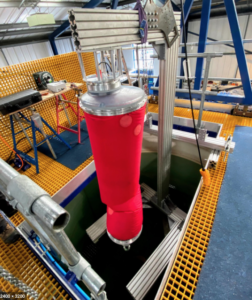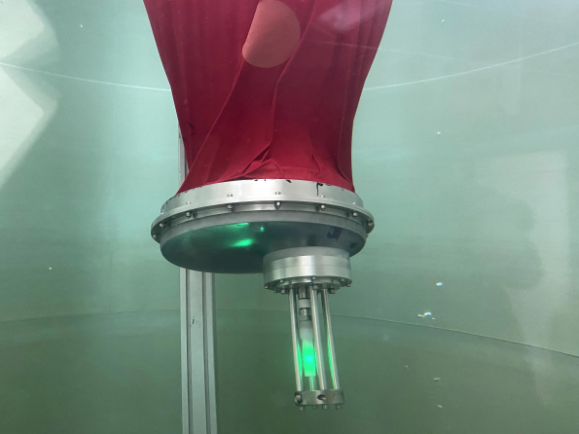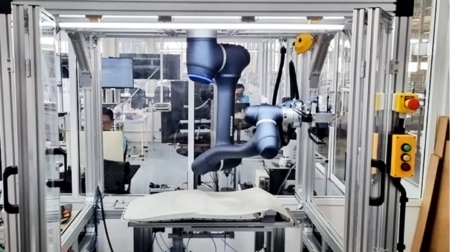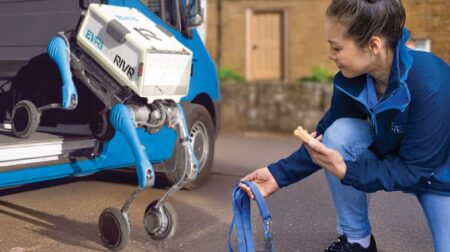Createc, a developer of nuclear decommissioning equipment, has partnered with underwater tooling firm Fortis Remote Technology to demonstrate a collaborative robot (cobot) for shallow-water applications.
The Cumbria-based businesses will combine Createc’s software, designed for operating robotics in dry nuclear decommissioning, with Fortis’ techniques for adapting sensors and equipment for submerged operation.
Matt Mellor, CEO of Createc, said: “Opening underwater nuclear decommissioning operations to cobots would enable tasks not previously possible with conventional ‘master-slave’ robots.
“This would be of benefit to asset owners and decommissioning engineers, as well as cobot makers and the associated support supply chain.

“Many nuclear processes happen underwater, such as fuelling and de-fuelling reactors, fuel storage, waste processing and storage and many steps in the reprocessing cycle, particularly in older facilities.
“In decommissioning, items of equipment need to be characterised, dismantled and manipulated, which is a one-time task. Developing bespoke equipment for these applications is costly and often risky due to high uncertainties.”
The Underwater Cobot Decommissioning (UCODE) project will see Fortis design and develop an oversuit ‘waterproof jacket’ enabling the cobot to function effectively underwater.
Testing of the equipment will be carried out at Fortis’ specialist centre in Barrow. The UCODE trial aims to demonstrate that a cobot, protected for use in shallow water, can carry out underwater operations in the decommissioning of a nuclear reactor.
“As well as ensuring tasks can be carried out more safely, this technology is designed to be reusable, which makes it much more cost-efficient,” said Darren Ball, technical director at Fortis.
The project is supported by Robotics for Inspection and Maintenance (RIMA), a four-year European initiative that aims to maximise the potential of robotic applications in inspection and maintenance across multiple sectors.
RIMA provides financial and technical support to cross-border experiments involving small and medium-sized enterprises, and is currently establishing a network of 13 digital innovation hubs.








